Learn more about oral language therapy, social-emotional skills therapy, speech sound therapy, fluency, and more.
Oral language therapy can help your child:

Social-emotional skills therapy focuses on understanding one’s own emotions, thoughts, and values and how they influence behaviour, managing emotions, thoughts, and behaviours effectively, making caring and constructive choices about personal behaviour and social interactions, understanding the perspectives of others and empathising with others, and establishing and maintaining healthy and supportive relationships.
Social-emotional therapy can help your child:


Hanen More Than Words
Hanen TalkAbility
Hanen It Takes Two to Talk
Elklan Under 5s (language)
Elklan Let's Talk 5-11s (language)
Elklan Let's Talk Together (social skills)
Elklan Support for Children with Unclear Speech

Helps you to use everyday moments of your child’s life as an opportunity to communicate. In the More Than Words program you will get practical tools to help your child communicate. It is designed for the parents of young children with autism spectrum disorder or social communication difficulties. You will learn ways to help your child with the following four goals:
You will learn how your child communicates right now and the next steps take, how your child learns best and how to take advantage of these preferences, what motivates your child to communicate, how to turn everyday activities into opportunities for learning to communicate, how to help your child understand what you say, how to develop your child’s play skills, and how to help your child make friends. The program is supported by the More Than Words guidebook. Flyer link. See www.hanen.org for more information. Book online.
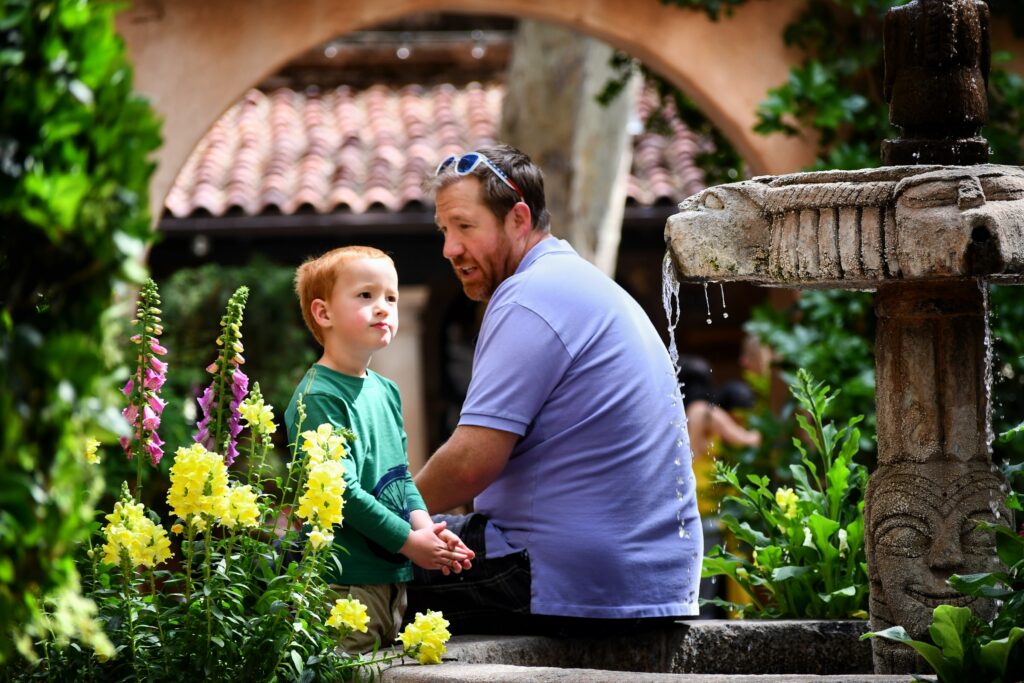
Helps you to teach your child the important skills they need to have successful social relationships. The TalkAbility program is designed for parents of high functioning verbal children with social communication difficulties, including children with autism spectrum disorder. You will learn practical ways to help your child understand the messages contained in people’s facial expressions and gestures, understand how other people think and feel, understand and use pretend play, and make friends. The strategies will easily build into your child’s everyday life and your use these strategies to help your child have effective back-and-forth conversations, encourage your child to pay attention to the social messages people send nonverbally, model the language your child needs in order to talk about their feelings and those of other people, and help your child interact with other children and make friends. The program is supported by the TalkAbility guidebook. Flyer link. See www.hanen.org for more information. Book online.
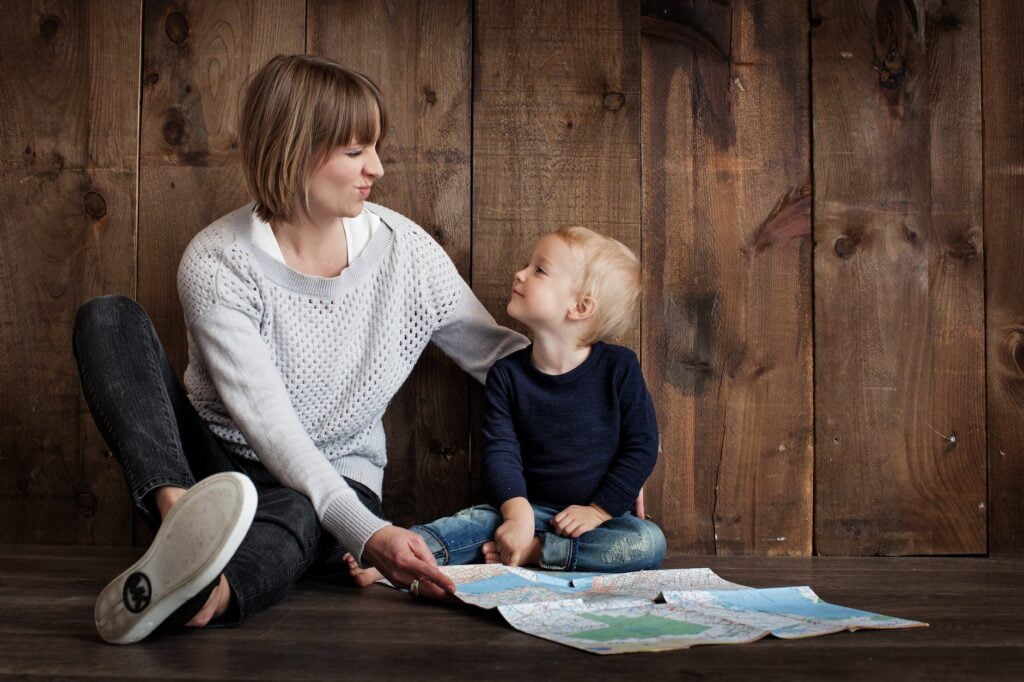
Helps you turn every moment of your child's life into an opportunity to communicate. It Takes Two to Talk is a program for parents of children aged 0 to 5 who have language delays. You will learn how your child communicates now and the next steps to take, what motivates your child to communicate, how to engage your child in back-and-forth conversations even before they can talk, how to turn everyday activities into opportunities for your child to use language, and how to fine tune what you say so your child can understand you and learn new words. The program is supported by the It Takes Two to Talk guidebook. Flyer link. See www.hanen.org for more information. Book online.
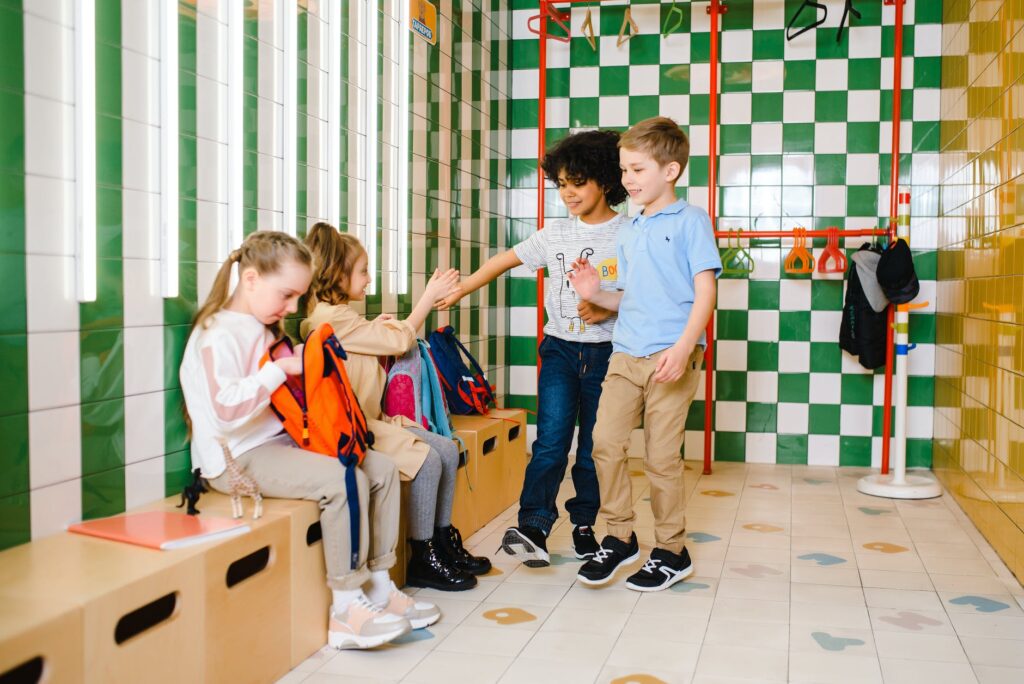
A practical course which helps you learn how to develop and enhance your child’s understanding and talking. Gives you practical ideas to to help develop and enhance your child's ability to listen, understand and speak. Helps you develop your child's talking so they are ready for school. Covers understanding what's happening when we talk to each other, enhancing interaction between you and your child, developing play so that talking develops, improving listening and understanding, learning how children learn new words and help them use them in sentences, learning how to ask appropriate questions and share books, and helping children whose speech is hard to understand. The program has a workbook for you to help remember your learning and to practice activities with your child. Flyer link. See www.elklan.co.uk for more information. Book online.

Learn how to develop and grow your child’s understanding and talking, including interaction and conversation, listening and understanding, learning new words, talking in full sentences, learning how to ask appropriate questions and share books, and helping if your child’s speech is hard to understand. The program has a workbook for you to help remember your learning and to practice activities with your child. Flyer link. See www.elklan.co.uk for more information. Book online.

Learn how to further the communication of children with social communication needs (including autism spectrum disorder), including improving interaction, using visual and physical structure effectively, improving listening and understanding, learning how to ask appropriate questions and share books, developing conversation skills, and interpreting unwanted behaviour as communicative. The program has a workbook for you to help remember your learning and practice activities with your child. Flyer link. See www.elklan.co.uk for more information. Book online.

Learn how to support your child’s speech sound development, including how speech develops, how to support your child unclear speech, how to introduce structured approach with your child, and how to evaluate your progress. The program has a workbook for you to help remember your learning and practice activities with your child. Flyer link. See www.elklan.co.uk for more information. Book online.
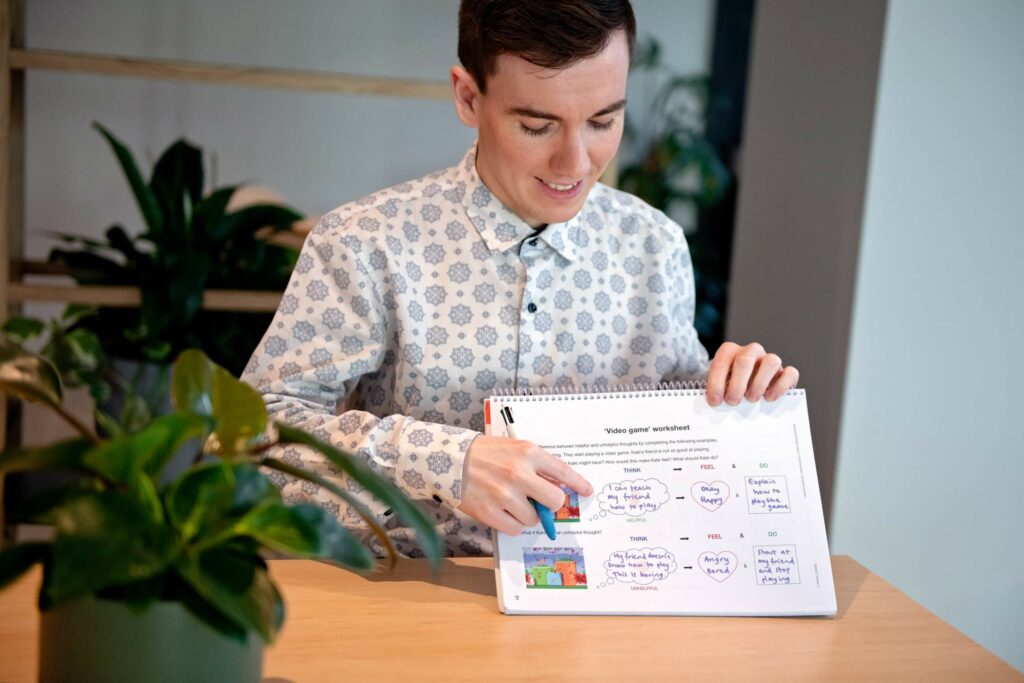
Paediatric Speech Pathlogist
Whatever your family’s case, there will be something out there for your child which can offer the best possibilities for success. Programs that I can tailor to your time and budget constraints.
If you’d like to book a FREE consultation here, I’ll be able to recommend a suitable program, components, and style for your circumstances.
If we’ve already spoken about suitable programs for your child, or you know what you’re after, then you can book a course here.

In Talk Boost 1, you will help your child to boost their language and communication skills using structured, evidence-based, practical activities that children enjoy. Talk Boost 1 is a program for 4 to 7-year-olds that improves confidence and skills in listening, vocabulary, sentence building, storytelling, and conversation. The program has a workbook for you and your child to complete activities. Book online.

In Talk Boost 2, you will help your child to boost their language and communication skills using structured, evidence-based, practical activities that children enjoy. Talk Boost 2 is a program for 7 to 11-year-olds that improves understanding language, joining in more, taking part in discussions more, and listening more carefully. The program has a workbook for you and your child to complete activities. Book online.

Develop your child’s social and emotional skills, including identifying feelings, perspective taking, social problem-solving, and managing feelings. The program uses emotion based learning to teach children with autism spectrum disorder about emotional understanding and social awareness, in close collaboration with parents and teachers. It is for verbal children with autism spectrum disorder aged 6 to 8 with no intellectual disability or children 8 to 12 with mild intellectual disability. Children may or may not read and can draw simple pictures or write a few key words and can pay attention for at least a few minutes at a time. The program has a feelings kit with workbooks, reusable worksheets, and feelings strength bars. There are three modules in the program with a child workbook for each module. Each module is seven sessions with a one hour parent online training session at the beginning of the module then five 30 minute online parent sessions once a week and then another one hour parent online training session at the end of the module. Modules run during school term. See www.acer.org/au/westmead-feelings-program for more information. Book online.
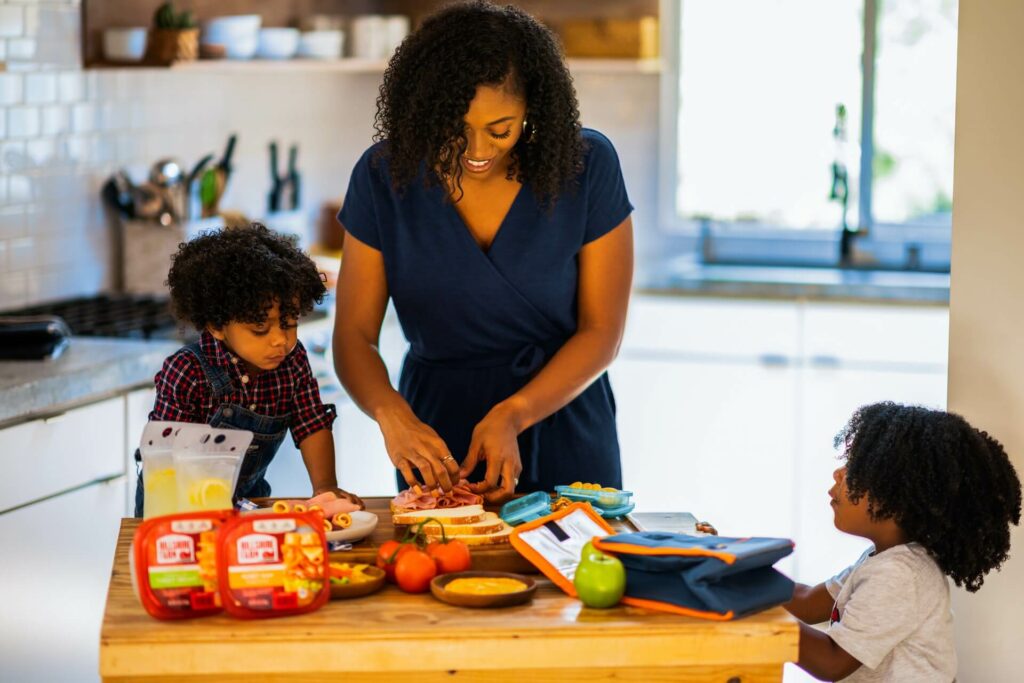
Develop your child’s social and emotional skills, including identifying feelings, perspective taking, social problem-solving, and managing feelings. The program uses emotion based learning to teach children with autism spectrum disorder about emotional understanding and social awareness, in close collaboration with parents and teachers. It is for verbal children with autism spectrum disorder aged 8 to 14 with no intellectual disability. Children will read and write and can pay attention for at least a few minutes at a time. The program has a feelings kit with workbooks, reusable worksheets, and feelings strength bars. There are three modules in the program with a child workbook for each module. Each module is seven sessions with a one hour parent online training session at the beginning of the module then five 30 minute online parent sessions once a week and then another one hour parent online training session at the end of the module. Modules run during school term. See www.acer.org/au/westmead-feelings-program for more information. Book online.

Story Champs is a language intervention that helps promote the storytelling skills of diverse students. The primary focus of Story Champs is on the development of a strong oral language foundation through storytelling and iit also promotes other aspects of academic language that are essential for school success through information retelling, vocabulary learning, and writing. Book online

Help your child to grow the cognitive and communication skills necessary for successful social interactions. Through activities with you, your child will understand intentions, consider emotions, and master social rules. Available in modules targeting emotional recognition, self-regulation, behaviour, play skills, school rules, perspective taking, basic and advanced conversation skills, conversation topics, non-verbal communication, situational awareness, problem solving, friendship, and self esteem. The programs are sorted into three age groups: kindergarten, primary school, and high school. Resources, including videos, worksheets, and games, are available electronically through the program. Book online.

Help your child to grow the cognitive and communication skills necessary for successful social interactions. Through activities with you, your child will understand intentions, consider emotions, and master social rules. Available in modules targeting emotional recognition, self-regulation, behaviour, play skills, school rules, perspective taking, basic and advanced conversation skills, conversation topics, non-verbal communication, situational awareness, problem solving, friendship, and self esteem. The programs are sorted into three age groups: kindergarten, primary school, and high school. Resources, including videos, worksheets, and games, are available electronically through the program. Book online.

The social skills improvement system is a strength focused, evidence-based, and academic enabling program to grow your child’s social and emotional skills. Assessments and interventions emphasizing desired social emotional skills known to be valued by educators and parents and fully aligned with social emotional domains of self-awareness, self-management, social awareness, relationship skills, and responsible decision making. Practices with decades of published top-quality and independent research to support the validity and utility of the assessments and the effectiveness of the intervention program. Behaviors within the array of common social emotional skills are prioritized for assessment and instruction, thus enhancing both the social and academic outcomes of interventions to achieve a triple-positive impact for students by increasing social emotional skills, decreasing many problem behaviors, and improving achievement. All resources are included. Book online.

Speech Link comes with clear instructions on how to help your child produce and listen for sounds on their own, in words and in sentences. Heaps of resources are included so you’ve got the right pictures and resources for each sound. Speech link also has interactive online listening games to develop good listening, auditory analysis and sound discrimination skills. These fun, engaging games guide the children through 5 different levels from listening to single sounds to identifying sounds at the beginning and ends of words. All resources are included. Book online.
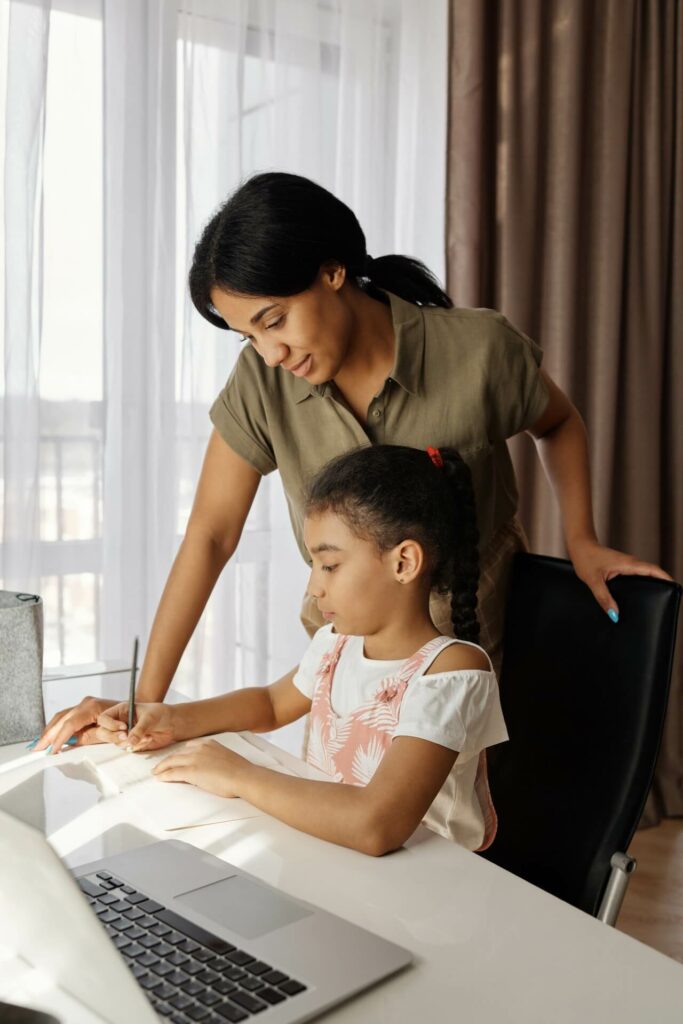
Language Link uses a planned and graduated approach to grow your child's language. There are lower and upper primary school levels, suitable for children aged 4 to 8 years and 7 to 11 years, respectively. It focuses on vital language skills such as listening, sentences, vocabulary, grammar, stories, and making inferences. All resources are included. Book online.
I Can Talk Boost 1
I Can Talk Boost 2
Westmead Feelings Program 1
Westmead Feelings Program 2
Story Champs
Everyday Speech
Bridge of Vocabulary
Social Skills Improvement System - Social Emotional Learning
Speech Link
Language Link
Ideally, daily practice with your child will be required. Three practice sessions per week would be considered a minimum. Without sufficient practice your child is unlikely to progress in skill development and in the long term this may in turn lead to a decrease in motivation.
As the focus of the speech pathology service is on training and supporting you, you are required for all therapy appointments. If you are unable to attend, please ring 03 413 992 86 or email [email protected] as soon as possible.
